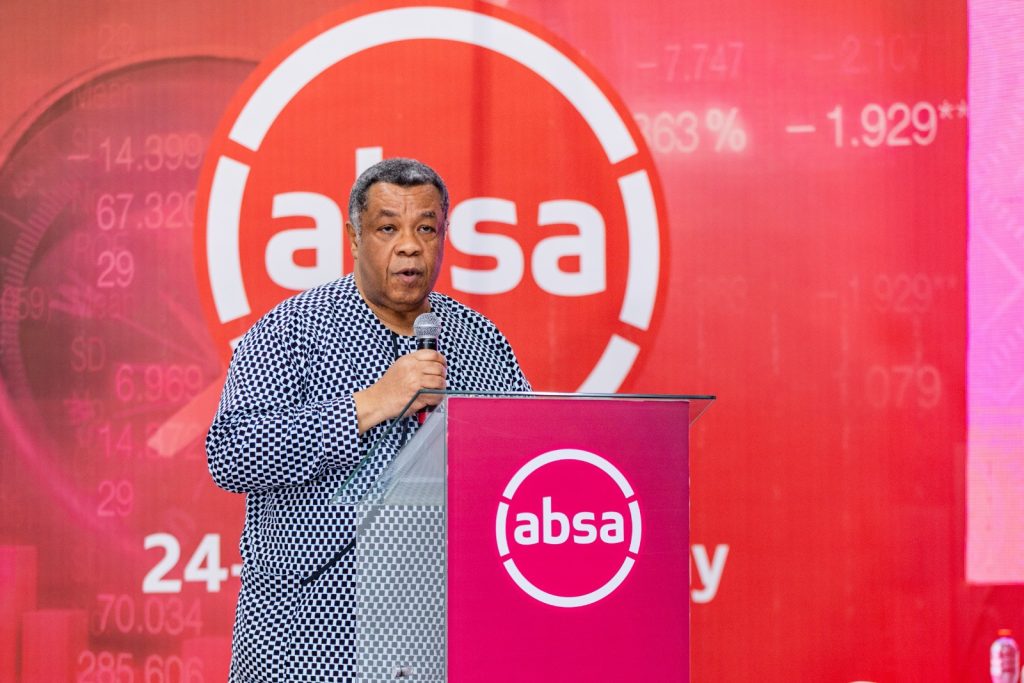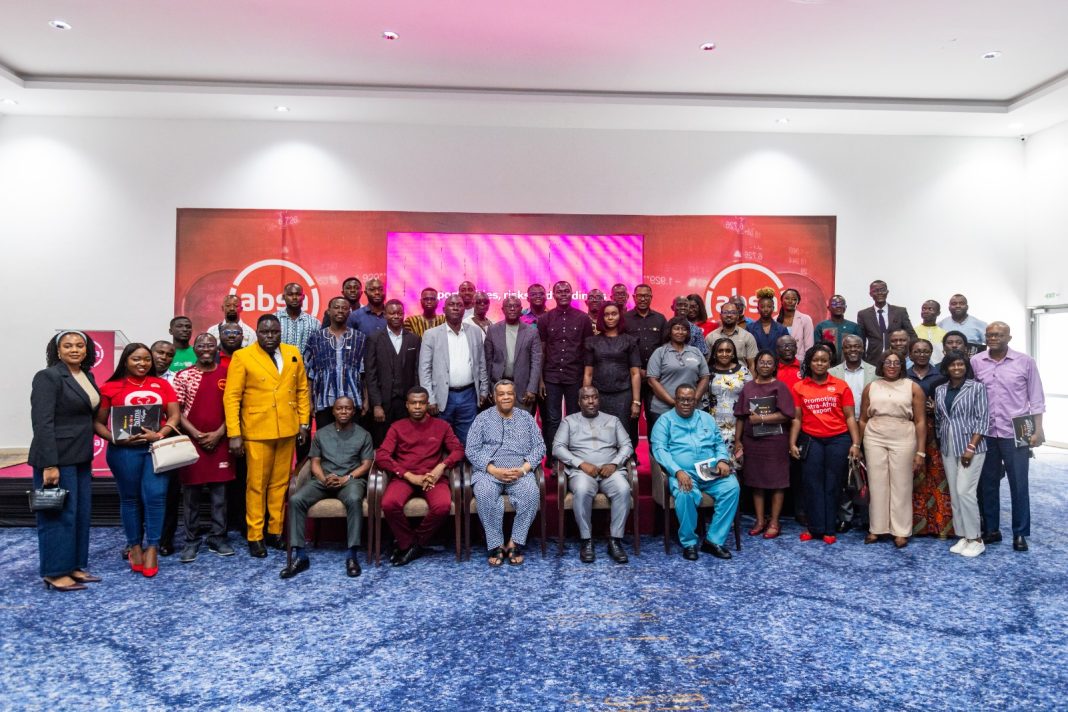Absa Bank Ghana LTD, in partnership with the 24-Hour Economy Secretariat, has convened a strategic dialogue session aimed at helping its clients explore the vast opportunities within the country’s emerging 24-Hour Economy initiative.
Held in Accra, the event brought together a cross-section of Absa’s business clients, industry leaders, and policymakers for an insightful conversation on how businesses can position themselves for sustainable growth under the 24-Hour Economy initiative.
Opening the session, Dr. Edward Nartey Botchway, Managing Director of Absa Bank Ghana LTD, reaffirmed the bank’s commitment to national development and the business community. He highlighted Absa Bank’s innovative financing solutions and its GHS 1.8 billion investment in SMEs businesses since 2024, underscoring the bank’s belief in the power of entrepreneurship to drive inclusive growth.

“At Absa Bank, we are committed to driving sustainable growth by partnering with businesses to navigate change, unlock opportunities and thrive. We recognise that our success is linked to the prosperity of our clients and the broader economy. That is why we actively support transformative initiatives like the 24-hour economy, working alongside businesses to help them realise their ambitions,” said Dr. Edward Nartey Botchway.
The dialogue featured a keynote address by Mr. Augustus Obuadum Tanoh, Presidential Advisor on the 24-Hour Economy, who highlighted the broader vision of the policy, stressing its focus on productivity and the critical role of SMEs in Ghana’s industrial transformation. He called for stronger collaboration, infrastructure investment, and skills development to fully realise the potential of the initiative.
“The 24-hour economy is not simply about longer hours; it is about unleashing round-the-clock productivity by connecting farmers, entrepreneurs, financiers, and consumers, while ensuring SMEs have access to affordable credit, strong governance, and sustainable growth opportunities,” Mr. Tanoh explained.

Adding the perspective of the private sector, Clement Osei-Amoako, President of the Ghana National Chamber of Commerce and Industry (GNCCI), called for stronger collaboration across the value chain.
“The 24-hour economy will only succeed if manufacturers expand production, consumers drive demand, and financiers provide competitive lending rates. That is how we can turn policy into tangible growth,” he emphasised.
A panel discussion led by sector experts from the 24-Hour Economy Secretariat provided further insights into the strategic advantages of the initiative, including benefits from possible lower business cost due to shared infrastructure provision, enhanced productivity, and job creation across sectors.
For many attendees and business owners, the event was an opportunity to engage directly with policymakers, ask pressing questions, and explore actionable pathways to align their operations with the 24-Hour Economy vision.
